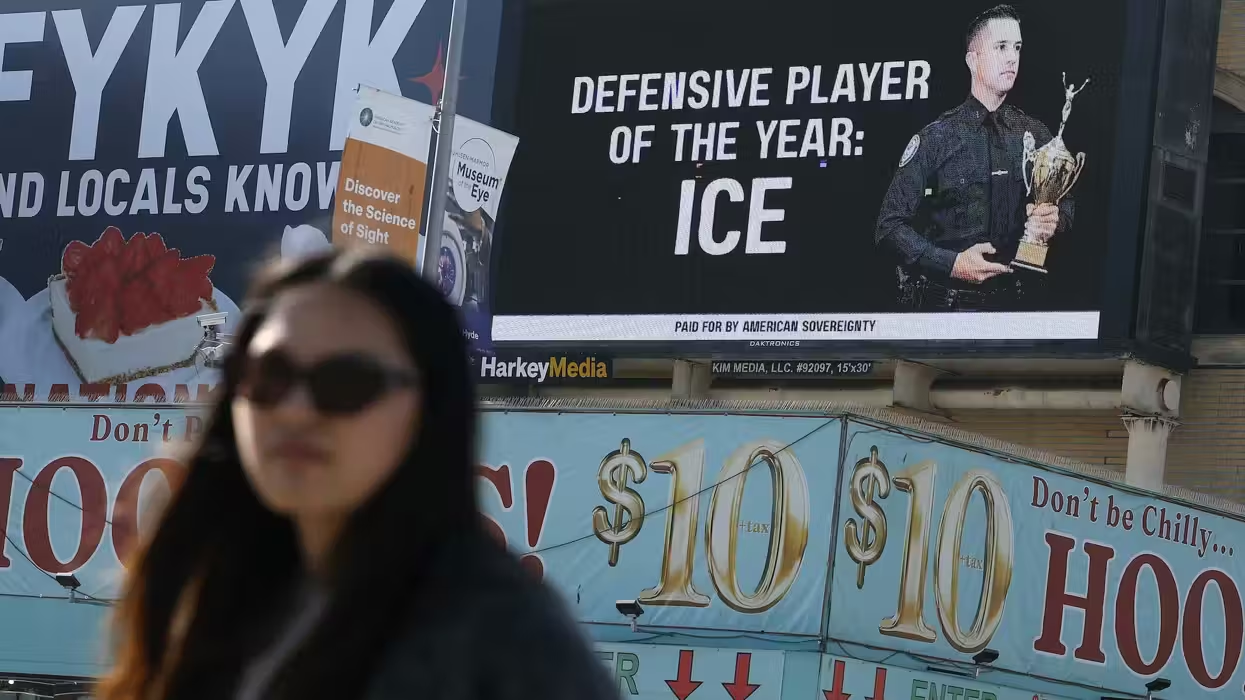Now that Turkish troops have seized the formerly Kurdish-held city of Afrin, Syria, the next target on their list might be the Kurdish town of Manbij – where U.S. troops are stationed as part of the war against the Islamic State.
Turkish President Recep Tayyip Erdogan has repeatedly threatened to take Syrian city of Manbij in order to thwart what he calls a “terror corridor” near the Syrian-Turkish border. Turkey has been using the unrest caused by the Syrian civil war to target the Kurds, which it views as a threat.
Turkish attacks on Kurdish strongholds like Afrin have forced Kurdish leaders to pull their fighters from helping the U.S. in its fight against ISIS in Syria. The Kurds have proven themselves to be a crucial U.S. ally in combating the Islamic State.
Up to 150,000 civilians have fled Afrin since Friday. Kurdish leaders revealed that their fighters escaped the city along with the refugees, noting, however, that many remained behind to fight a guerrilla war and turn the city into “a permanent nightmare” for Turkey.
“We wish to announce that our war against the Turkish occupation and the ... forces known as the Free [Syrian] Army has entered a new phase, moving from a war of direct confrontation to hit-and-run tactics, to avoid larger numbers of civilian deaths and to hurt the enemy,” the Kurdish militia said in a statement.
Turkish-backed Syrian rebels who participated in the attack looted Afrin and tore down a statue of Kawa, a mythological Kurdish blacksmith. The Kurdish-dominated Syrian Democratic Forces called the destruction of the statue the “first blatant violation of Kurdish people’s culture and history since the takeover of Afrin.”
The U.S. has recently increased its presence in Manbij. While the city itself is Kurdish territory, the U.S. has tried to assure Turkey that the Kurdish Y.P.G. militia is not in control of the city.
“The coalition has increased its force presence in and around Manbij to deter any hostile action against the city and its civilians, to enhance local governance and to ensure there is no persistent Y.P.G. presence,” an American military spokesman said, according to the New York Times. This is all part of a balancing act that the United States has been trying to play in order to continue allying with the Kurds to defeat the Islamic State, while avoiding any conflict with Turkey.
Despite this insistence, Turkey has stated that it views Manbij as a Y.P.G. stronghold. Further complicating matters, some of the Syrian rebel groups who have been fighting Syrian dictator Bashar al-Assad’s regime, have allied with Turkey against the Kurds.
The Kurds primarily inhabit a region called Kurdistan that stretches across the borders of Turkey, Syria, Iraq, Iran, and parts of Armenia. The Turkish government and the Kurds have been at odds for decades.
In a push for greater autonomy, a Kurdish militant group called the PKK has been fighting in Turkey since 1978. Turkey, the EU, and the U.S. have all declared the PKK to be a terrorist group, but the U.S. sees a difference between the PKK and other Kurdish groups, while Turkey views them all as terrorist organizations.







